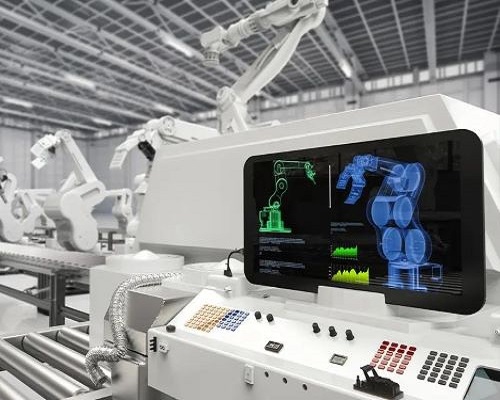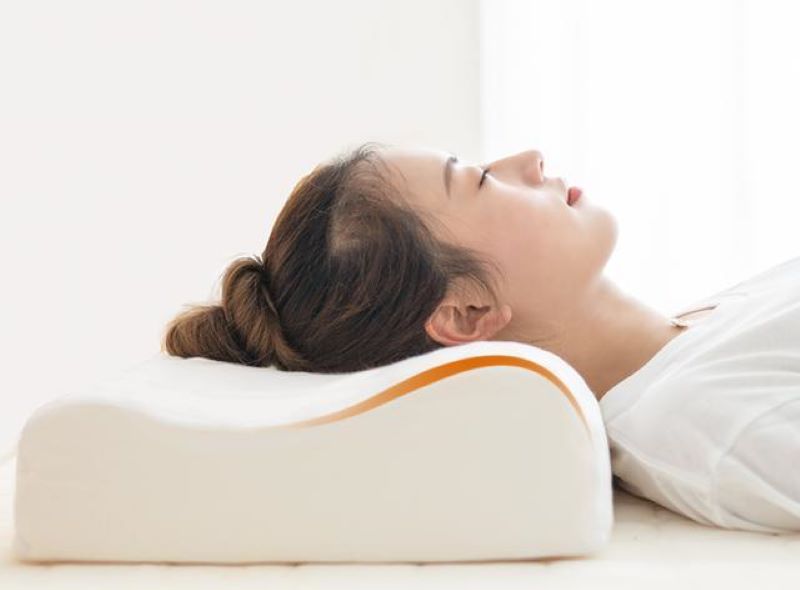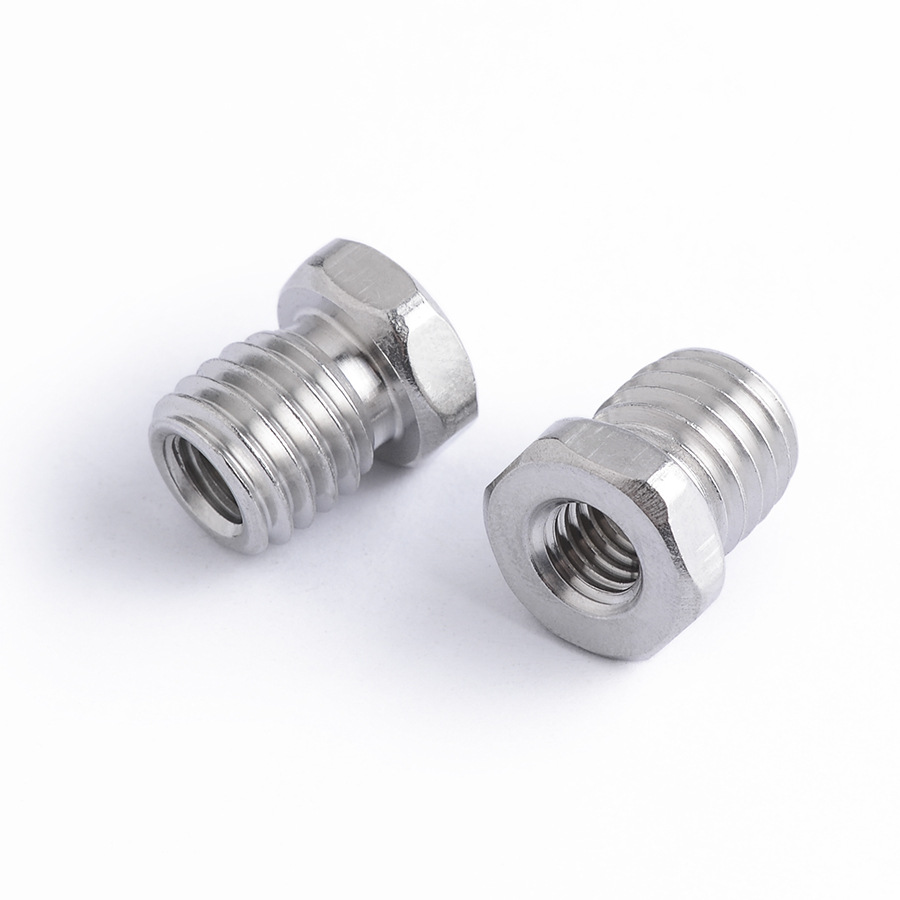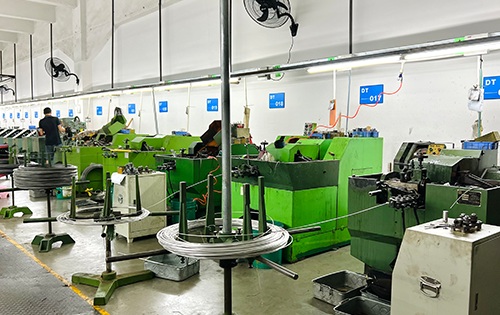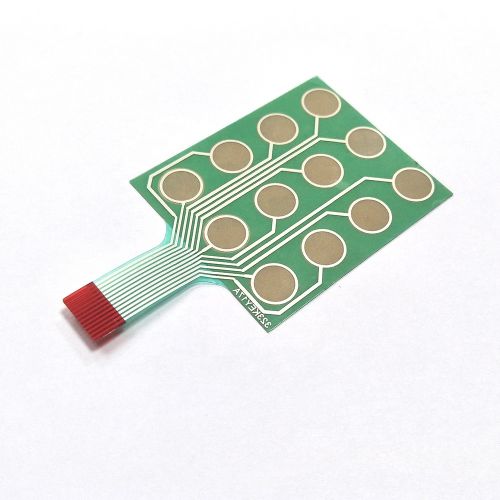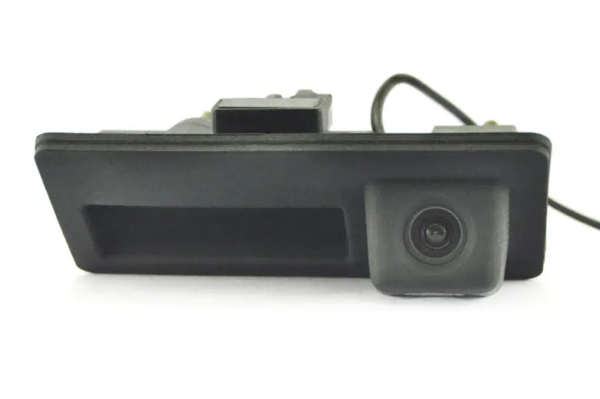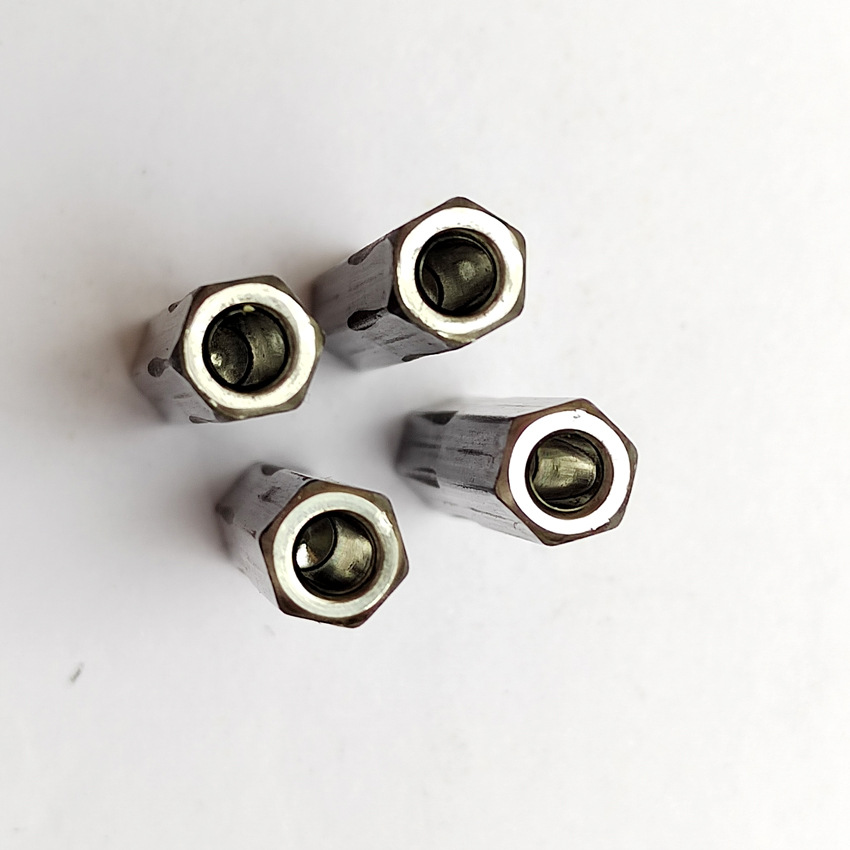¡¡¡¡Walking on the street, people are passing by gracefully or striding, and the carefully crafted advertising slogans on red, yellow and blue professional umbrella are also moving forward: ¡°Confucius Mansion Banquet Wine is mellow and crispy¡±, ¡°A taste of Huangshan is high and cloudless¡±, ¡°Green Card accompanies you around the world¡±¡ This flowing scenery is no worse than the TV screen. It is so gentle that passers-by can easily remember the products, the manufacturers, and the many benefits of the products. Therefore, umbrellas promote economic development. Isn¡¯t this the ¡°market love¡± of umbrellas?precisely because umbrella The rapid development of, so also brought new opportunities to the industry. https://topumbrella.cc/
¡¡¡¡
¡¡¡¡professional umbrella
¡¡¡¡
¡¡¡¡Prediction
¡¡¡¡
¡¡¡¡According to legend, professional umbrella can also predict a person¡¯s luck. If an umbrella falls on the ground, do not pick it up yourself, otherwise bad luck will come. If you open it on a sunny day, it will be a bad omen. Do not open it indoors. It is best to open it indoors.
¡¡¡¡
¡¡¡¡Code words
¡¡¡¡
¡¡¡¡The UK began using umbrellas only in the 18th century. The Bernas umbrella was once a special item for women, which expressed women¡¯s attitude towards love. Holding the umbrella upright means being faithful to love; holding the open umbrella in the left hand means holding the umbrella tightly. Slowly shaking the umbrella means lack of confidence or distrust; leaning the umbrella on the right shoulder means not wanting to see you again.
¡¡¡¡
¡¡¡¡Social significance
¡¡¡¡
¡¡¡¡In ancient China, umbrellas symbolized power for emperors, generals, and dignitaries, as clearly recorded in the ¡°Book of Jin¡± and ¡°Yufuzhi¡± in Zuo Zhuan. The records show a strict hierarchy associated with their use. The materials, colors, and sizes of umbrellas are like the black gauze on the head and the court dress on the body, which also distinguish the official positions. For example, in the Han Dynasty, it was stipulated that the nine ministers and three officials who ate more than 2,000 stones of millet used black. The officials who were not allowed to wear black clothes were all allowed to wear blue. Therefore, in ancient times, the sedan chairs or cars that the emperors or high officials rode on when they went on tours all had umbrella covers to show that they ¡°shaded the people.¡± Therefore, this kind of umbrella is also called ¡°cool umbrella¡±, ¡°Luo umbrella¡±, ¡°all people¡¯s umbrella¡±, and ¡°Huagai¡± in written language.
¡¡¡¡
¡¡¡¡professional umbrella
¡¡¡¡
¡¡¡¡Two-fold umbrellas
¡¡¡¡
¡¡¡¡T151 Bronze Chariot and Horses in the Mausoleum of Qin Shihuang, and the ¡°Huagai¡± in T131 A Thousand Miles Alone, are both symbols of the identity of the umbrella user. The most magnificent and fully expressed use of umbrellas in ceremonials may be the ¡°Ming People Going Out on Police and Entering the Imperial Court¡± issued by Taiwan Province. Two five-piece sheets also have partial enlarged pictures. In the second stamp of the imperial court, there are five ¡°Luo umbrellas¡± in red, green, yellow, blue and white, which are colorful. In the third and fifth stamps of the ¡°Police Outing¡±, there are some symmetrical left and right temporarily closed and carried on the shoulders, and some are open in the middle and marching, which are bustling and magnificent. Because umbrellas symbolize wealth and honor, there is also a custom of holding umbrellas in folk weddings in the East. This is vividly depicted in the folk wedding stamps issued in Macau and North Korea.
¡¡¡¡
¡¡¡¡The umbrella is not only a decoration for government ceremonies, but also a common prop in opera, singing and dancing, and acrobatics. The first stamp of the ¡°Legend of the White Snake¡± issued by Taiwan Province in 1983 reflects the scene of ¡°borrowing an umbrella from West Lake¡±, which is this umbrella. The imperial court also used umbrellas as props. Many Chinese and foreign stamps reflect national folk art that features umbrellas as central props.

